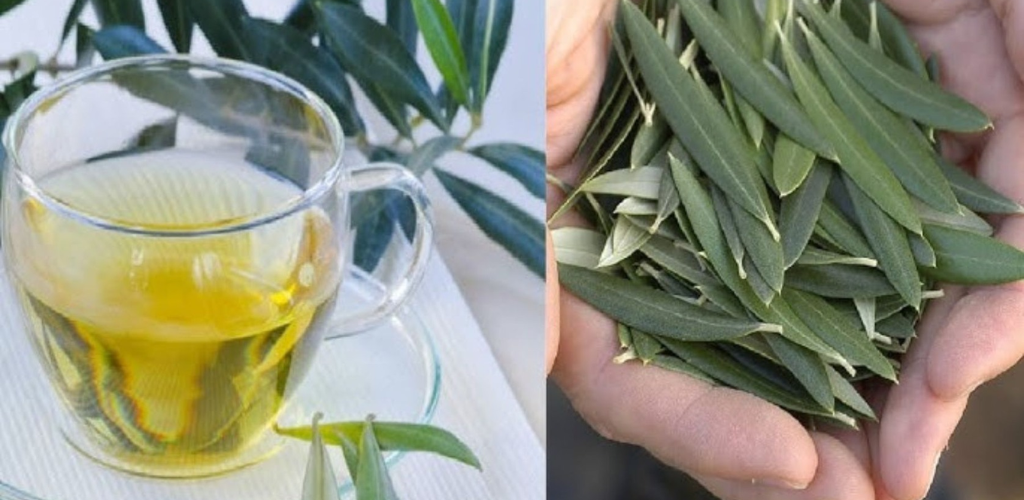The Benefits of Olive Leaves: A Treasure of Nature
The olive tree, a symbol of peace and wisdom, has been revered for millennia not only for its fruits and precious oil but also for its lesser-known but equally beneficial leaves. Olive leaves are full of therapeutic properties that can help improve our health in a variety of ways. This article explores the benefits of olive leaves in detail.
- Rich in Antioxidants
Olive leaves are an exceptional source of antioxidants, including oleuropein, a compound that protects the tree from pests. These antioxidants fight free radicals in the body, reducing the risk of chronic diseases such as heart disease, diabetes, and cancer. - Cardiovascular Protection
Oleuropein and other substances found in olive leaves help reduce high blood pressure by dilating the arteries, which improves blood flow and reduces pressure on the heart. Additionally, these compounds can help reduce levels of bad cholesterol (LDL), preventing plaque buildup in the arteries.
- Anti-inflammatory Effects
The anti-inflammatory properties of olive leaves may be beneficial in treating chronic inflammatory conditions, such as arthritis. By reducing inflammation, olive leaf extracts can help relieve pain and improve mobility in those affected. - Immune System Boost
Olive leaves contain compounds that boost the immune system. Therefore, consuming them can help prevent and fight various infections, including viral and bacterial infections. - Antidiabetic Properties
Studies suggest that olive leaves may also help regulate blood sugar levels by improving insulin secretion or increasing glucose uptake by cells, which may be beneficial for people with type 2 diabetes. - Improved Brain Health
The antioxidants in olive leaves may also play a role in protecting against neurodegenerative diseases such as Alzheimer’s and dementia. By protecting neurons from oxidative damage, olive leaves help maintain healthy brain function.
- Antiviral and Antibacterial Effects
Olive leaf extracts have been shown to have antiviral and antibacterial properties, capable of inhibiting the growth of various pathogens. These properties make olive leaves useful in treating and preventing infections. - Weight Loss Support
Olive leaves can also help with weight management due to their effect on metabolism. By improving lipid metabolism and helping to regulate appetite, they can be a useful addition to a balanced diet and weight loss program. - Skin Health Support
With their antioxidant and anti-inflammatory properties, olive leaves can also benefit skin health, preventing premature aging and improving skin elasticity.
Conclusion
Olive leaves are a valuable addition to any natural health regimen. Available as a tea, capsule, or liquid extract, they offer a simple and effective way to take advantage of their many health benefits. As with any supplement, it is advisable to consult a healthcare professional before beginning a treatment with olive leaves, especially if you are already taking medication or have any pre-existing medical conditions.
With a history as rich as that of the olive tree itself, olive leaves continue to offer their age-old benefits to improve our quality of life and well-being.
